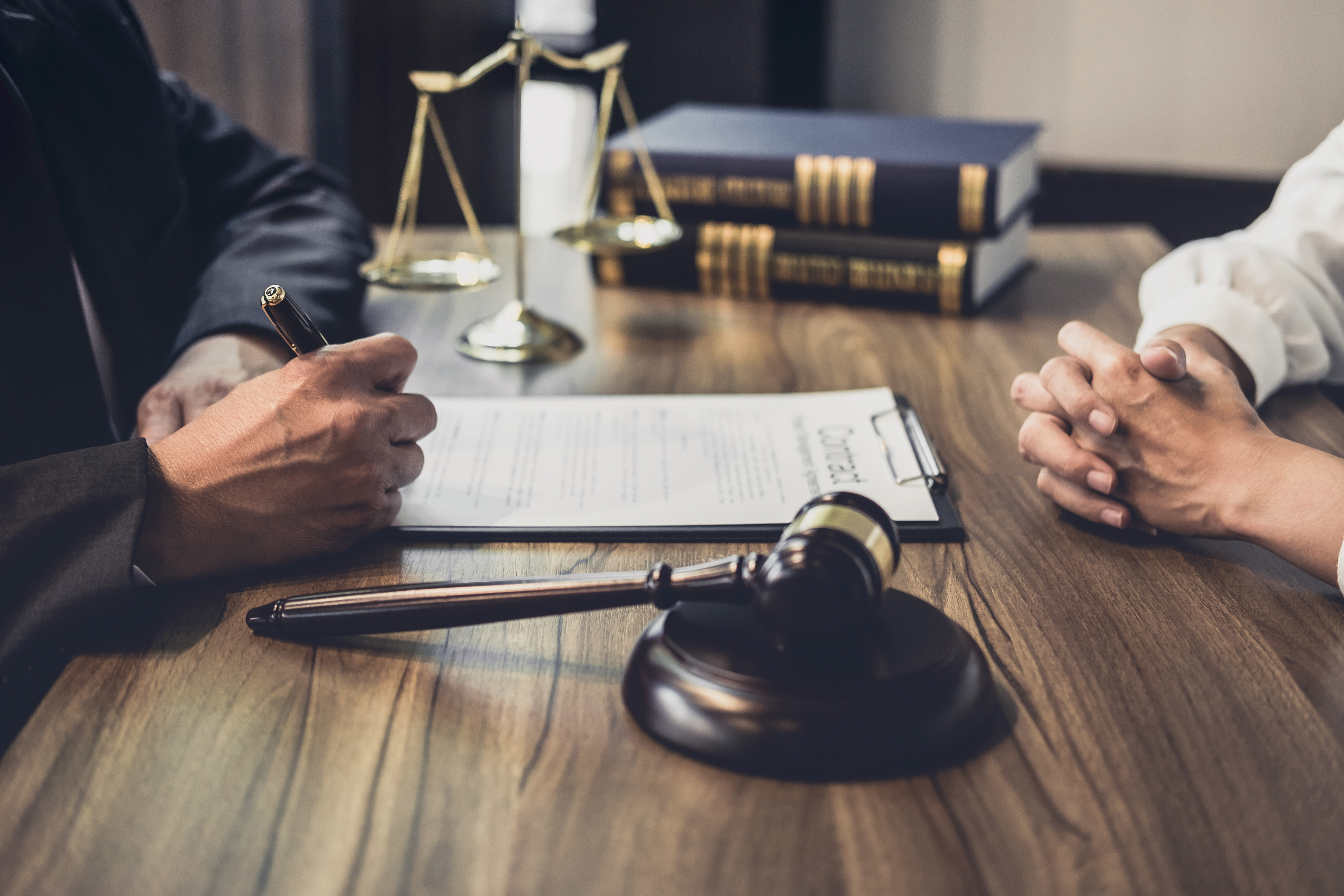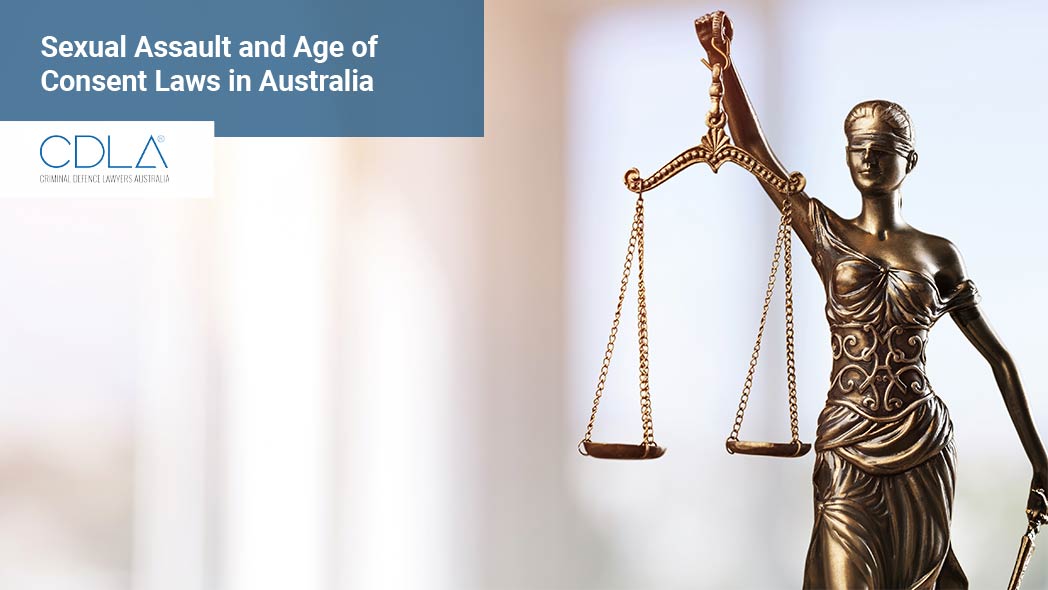A Subpoena is a legal document (court order) that orders either a person or an organisation (company or business) to:
- Produce the requested material to the court (subpoena for production)
- Attend court to give evidence (subpoena to give evidence), or
- Both produce material and attend court
If you ever receive a subpoena, you will be required comply with what it is asking you to do. This will be listed in the schedule to the document.
FAQ
You can issue a subpoena, or you can hire a specialist criminal lawyer to do it in order to ensure that it is done properly.
As specialist criminal lawyers, we regularly draft and issue these documents to people and organisations if it may assist your case. Examples of this include:
- Witnesses- to order a person to attend court to give evidence. This can be in a situation when you are unsure of whether a particular crucial witness to your case will or won’t attend court for you. The police also issue these documents to their own crucial witnesses that they need for their case.
- To experts- to order an expert such as a doctor to attend court to give evidence in your case, and/or to produce notes and reports. In some cases, a specialist doctor/surgeon may be required to attend to clarify certain medical information that is outside the expertise of the courts and lay men.
- To organisations- to order a person to produce requested documents. In some cases, the NSW Police may be required to produce, to the court, certain documents such as police notebook entries, COPS entries, and/or CCTV footages of the police cells where you spent the night, all being documents that the police are otherwise not providing to you for a reason that appears suspicious. Such material may benefit your case, which is why it is very important to sometimes obtain this material.
Failure to comply with a subpoena is a breach of a court order allowing the court to issue a warrant to arrest the person or director (if issued to a company).
Failure to comply with a subpoena is a breach of a court order allowing the court to issue a warrant to arrest the person or director (if issued to a company).
This warrant will stay in force, until it either expires or is executed, which means, until such time that the person is found and arrested by police. Once arrested, police will bring you before the court as soon as possible. This means, you may spend the night in custody cells until the next morning when court opens.
Section 229 Criminal Procedure Act (NSW) gives the court the power to issue an arrest warrant.
For a Subpoena to be enforceable, you must comply with certain rules. If these rules are not complied with, then you are not required to comply with the subpoena. This will mean that the court cannot then issue a warrant for your arrest.
These rules includes the following:
- Time limit of serving: The subpoena must be served within a reasonable time and at least 5 days before the last date it must be complied with. For example, if you receive a subpoena document 4 days before you are required to either attend court to give evidence or produce the material requested, you do not have to comply with the subpoena.
- Served on person: The subpoena must be served on the person named in the subpoena. It is best practice to use the services of a process server who hand deliver the subpoena to the person to ensure it is received to the right person. They then also draft an affidavit confirming that this was done so that there is then never an issue with whether it was delivered or delivered to the right person.
- Conduct money: you are required to pay the recipient of the subpoena their reasonable expenses for complying with the subpoena.
- Sufficient description: the subpoena will not be enforceable if the document or thing you require is not specified or sufficiently described in the subpoena.
- Form of subpoena: the subpoena must be in the prescribed form. This means it must be in the proper form. It must be filed with the court, the court will seal it. You will be required to serve the sealed copy of the subpoena to the person or organisation whom you want complied from.
- Legitimate forensic purpose: the document or material you require in the subpoena must be specific. It will not be enforceable if, the document or material will not likely materially assist your case, it is too broad, or where you don’t even know whether the person or organisation may have the requested material.
A subpoena to produce is commonly objected to, on the basis that the requested material has no legitimate forensic purpose, and/ or it would not likely assist your case.
The New South Wales Court of Criminal Appeal in the Supreme Court case of R v Saleam [1999] held that before access to the document or material is granted by the court, you must establish the following two criteria:
- Legitimate Forensic Purpose: There must be a legitimate forensic purpose for which access is sought. This means that the material sought in the subpoena must be relevant to an issue in the case. This does not mean issuing the subpoena to see whether it may assist you in your case.
- ‘On the cards’: it must be at least ‘on the cards’ that the material in the subpoena is likely to material assist your case.






